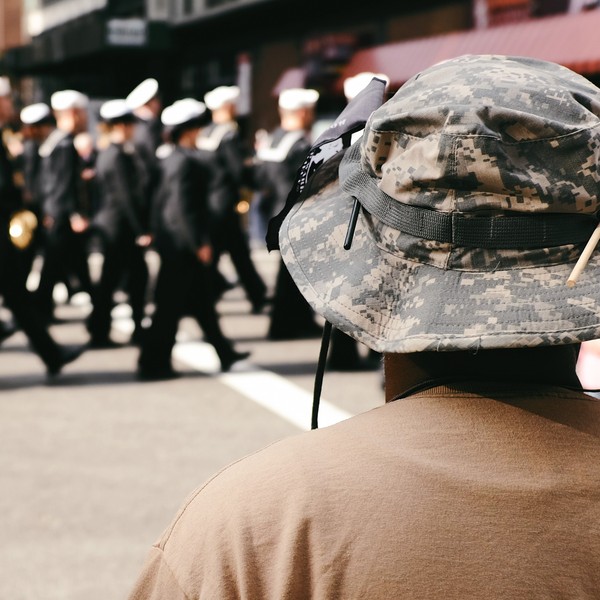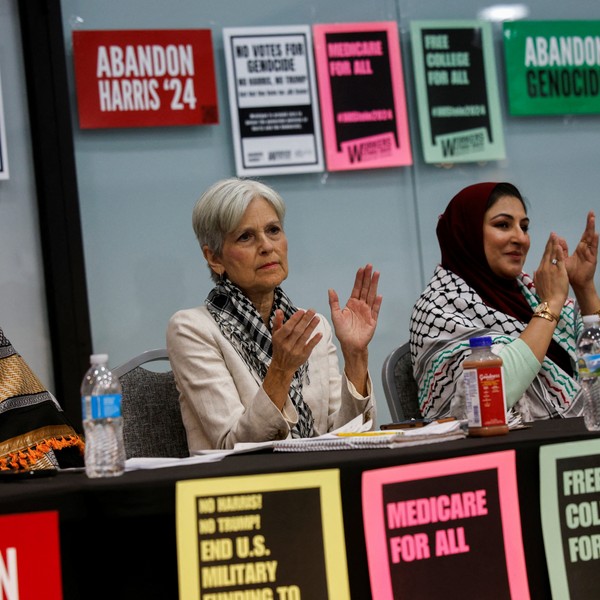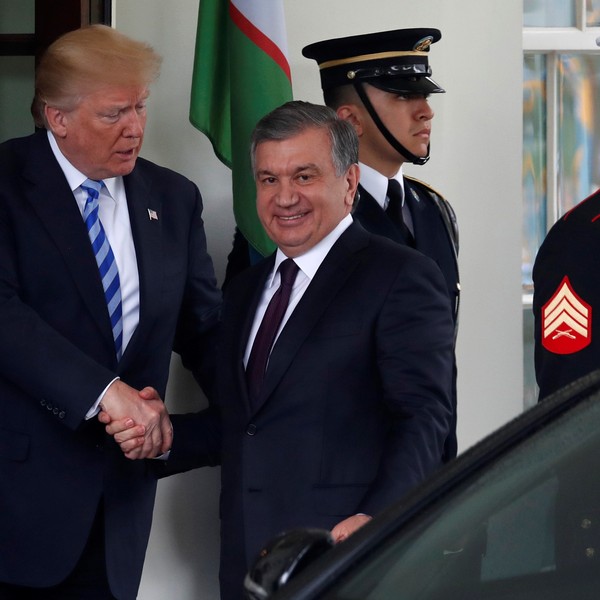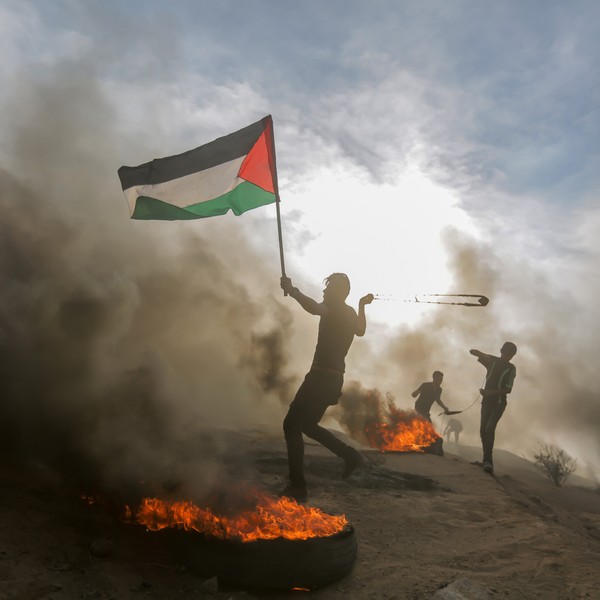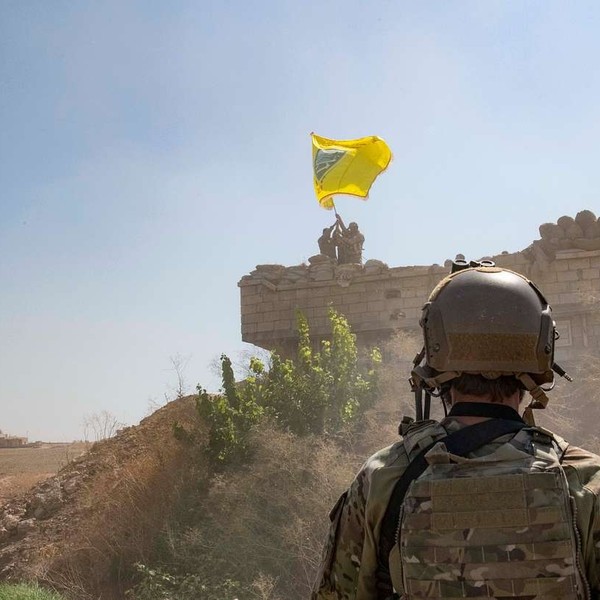Is it time for an investigation of an investigation of an investigation? The original investigation led by Robert Mueller into Donald Trump and Russia led to an investigation of that investigation led by special counsel John Durham. Now reporting reveals that Durham’s inquiry was mired with ethical disputes and potential misconduct, and lawmakers are accordingly demanding another layer of investigation, this time into the Durham review itself.
But despite the confusing and sprawling mass of investigations, it is still not enough. There is yet another Durham review in urgent need of investigation.
In 2009, during the Obama administration, then-Attorney General Eric Holder appointed then-U.S. attorney John Durham — the same John Durham who investigated the Russia investigation — to conduct a review of the Bush administration’s use of torture as part of the so-called “War on Terror.” That review concluded with no criminal charges or even full criminal investigations, and no public report of the findings.
How can this be? It is now known that, from 2002 to 2009, the Central Intelligence Agency ran a network of “black sites” across the globe where people were disappeared and tortured. The cruel and gruesome abuses included simulated drownings through waterboardings, beatings, extreme sensory and sleep deprivation, sexual violence, and more. People died at the hands of this abuse. Many who survived live with long-term trauma and psychosis. And these are just the details that are public.
These were not rogue acts or bad apples. At the highest levels of the U.S. government, a torture program was created, authorized through bad-faith legal memos, and covered up. Make no mistake, domestic and international law is clear that these acts were torture, and torture is a crime. Torture is actually a war crime when conducted in the context of an armed conflict. It is also a crime against humanity.
Yet John Durham’s review ended without criminal consequences for any U.S. officials involved. There were not even full criminal investigations, as his review was preliminary, artificially narrow, and limited to examining instances in which torture took place outside the scope of the expansive and obviously criminal officially-approved techniques. The lawyers who conducted professional misconduct to justify the unjustifiable escaped discipline at the hands of the Justice Department. There is no evidence that survivors were even interviewed.
Many will likely say it is no longer worth getting to the bottom of exactly why John Durham’s review of the torture program ended without truth or accountability. More than a decade has gone by, the argument goes, and there are more pressing and urgent issues demanding attention today.
Such objections are simply wrong. There is a clear through line from the lack of accountability for the torture program to some of those urgent challenges today. Donald Trump successfully campaigned to become president by promising to “bring back waterboarding and a hell of a lot worse.” He did not quite keep that promise, but he filled his administration with torture program alumni, continued and expanded policies grounded in cruelty, and perpetuated a culture of impunity.
Those who constructed and carried out torture ascended to positions of power in the government, in the private sector, and in academia. Some of the survivors of the torture program continue to sit behind bars in an offshore prison at Guantanamo Bay without charge or fair trial or proper medical treatment.
These facts are rather difficult to square with U.S. efforts to hold other governments to account for their own crimes, and other governments are eager to point this out. Why would other countries heed U.S. calls for accountability when the U.S. government is unwilling or unable to hold itself accountable?
For a long time, many have insisted that the United States actually did hold itself accountable. The evidence for this laughable claim? The Durham review. Steven Rapp, while serving as the Ambassador At Large for War Crimes during the Obama administration, cited the Durham review to explain that the U.S. government was ensuring accountability and thus why the International Criminal Court did not need to look into U.S. torture.
This is why we must reject the approach that was favored by the Obama administration, and has continued since then, to “look forward, not backward” when it comes to U.S. torture. Accountability by definition involves looking backward, but it is necessary in order to change what happens going forward.
Now the year is 2023, and there is another Trump campaign and another problematic Durham review. It is time for history to stop repeating itself, and the only way to break the cycle is to tell the truth and ensure accountability. There should be an investigation into this Durham review, too.






